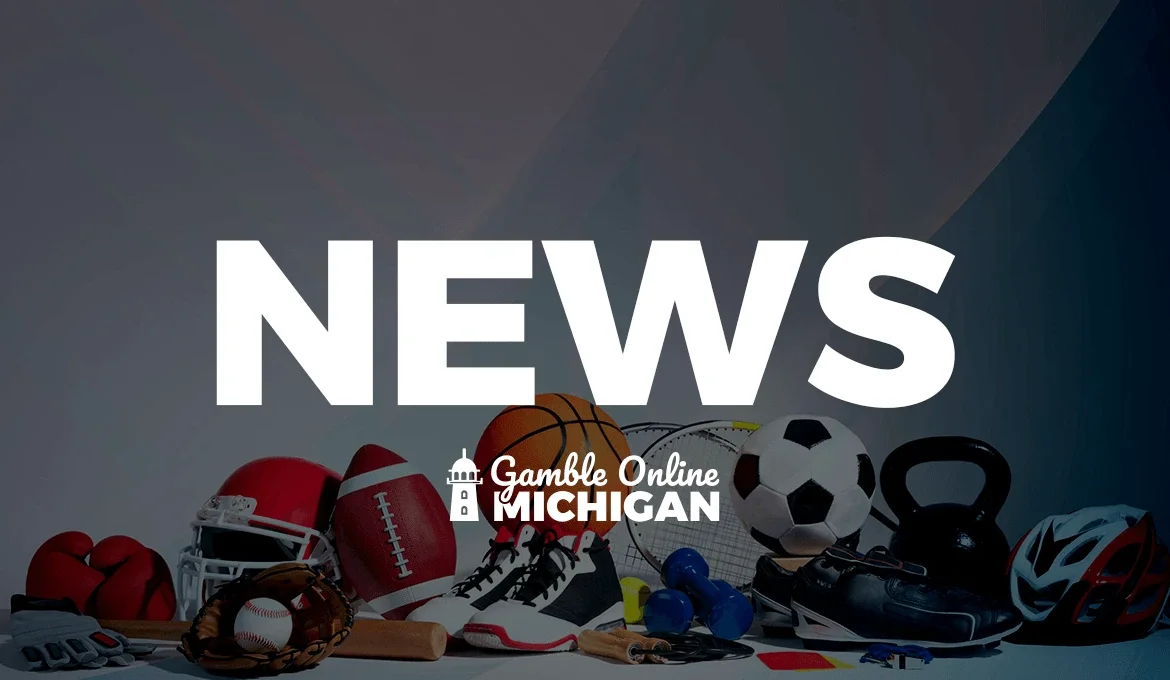Several indicators have pointed to possible regulatory action against partnerships to promote sports wagering between colleges and sportsbooks. However, only a few individuals could have predicted that it would happen so quickly.
In what appears to be a sharp stance against underage gambling, the US sports betting industry is introducing a code that will prohibit sportsbooks from entering into partnership deals with colleges or their sports teams.
This ban seeks to prevent payments to college and amateur athletes in exchange for promoting sports betting. The use of the terms “risk free” or “free” will also be prohibited from promotional bets.



